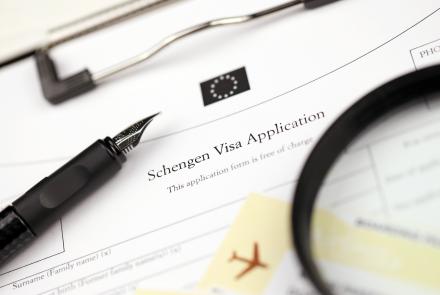Repatriation Strategies and Career Management
International assignments represent a huge investment for a company. It is imperative that upon completion of an international assignment, the employee’s skills and knowledge are retained and integrated back into the organization. While most companies begin planning for an employee’s repatriation between three and six months prior to the scheduled repatriation date, the repatriation process should be initiated prior to the actual assignment and closely monitored throughout the duration.
Home Country Contact
A critical part of any repatriation program is the identification of a home country based individual that serves as the liaison between the assignee and the home organization throughout the assignment. More often than not, this individual is part of the assignee’s organization and may hold a leadership position. This individual would likely be assigned by the company and have very formal objectives related to their role in the assignment. The liaison would connect with the host country manager on an annual basis to discuss the assignee’s performance.
Communication Tools
The most obvious way to ensure the link between the assignee and the home organization is maintained is through consistent communication. One solution is to establish a schedule and record of all communications. The communication record allows the assignee and the home country contact to track conversations during the assignment when discussing assignment objectives, the assignment experience and plans for reintegration into the home organization upon repatriation. The communication schedule provides suggested times/intervals during the assignment when communication should take place and suggested topics/issues to be discussed.
Repatriation Training Programs
Repatriation training programs are designed to:
- Help assignees and their families confront difficulties in readjustment, both personally and professionally.
- Make the transition to living and working in their home country more effective and satisfying.
- Provide families the opportunity to step back and put their experience into perspective.
The employer reaps additional benefits as assignees reintegrate into the home country business environment more effectively and there is greater likelihood that they will remain content and productive in their new assignments.
Through needs assessments, these programs are carefully designed to address the unique situations of returning families. Facilitated by professional trainers, these programs provide participants with structured opportunities through a variety of methods for reflection, assessment, open discussion of concerns and development of practical plans.
Because a repatriation program is most effective with assignees and their families who have been home long enough to experience some of the challenges of repatriation, training should take place 3-6 weeks after arrival in the home country. This allows the family to complete the initial logistics of settling in and begin to face the issues of adaptation and reintegration prior to the training program.
In addition to adult programs, youth and teen programs may be provided for families. While children are typically flexible in adapting to new circumstances, they often face a lack of acceptance when they are not up to date on the latest trends, fashion and pop culture references. Youth and teen programs are conducted separately in appropriate age groups and the content is designed specifically for the children involved.
Future Success
The best way to ensure successful assignments is to plan for them from beginning to end – including when the assignment is over. Repatriation can be the perfect time to reflect and re-engage with top talent in your organization. A thoughtful approach to repatriation ensures that mobility is viewed as a true career opportunity and relays the value the organization places upon the experience gained through international assignments.
Info: www.altairglobal.com







